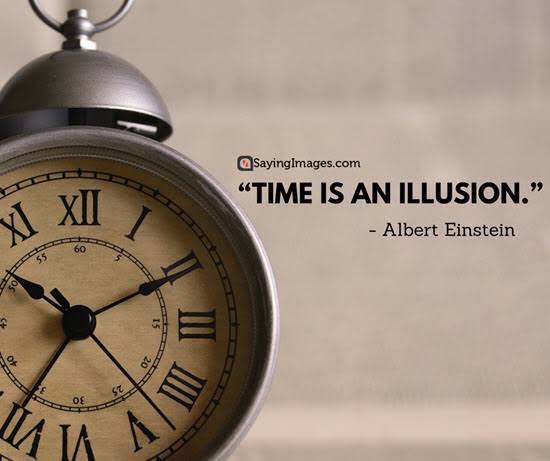Ever noted how differently we all tend to respond to such events; some of us adjust well but sometimes we just can't seem to move on. As part of human emotions, any form of loss makes us undergo a process psychologists term as bereavement. The Oxford dictionary 2019, defines bereavement as the period of sadness and loneliness that we experience from a loss. According to the National Institute of Mental Health, there is a long list of stressful events that may trigger or worsen an episode of depression, they include; bereavement, divorce, job loss, money worries, etc.
As we continue enhancing our mental wellness it is important we put some measures in place to better adjust in the event of such occurrences. Some of the simple things I have found out include:
Firstly, understand the illusion of time
 We are often quick to forget that tomorrow is never guaranteed and we, therefore, need to make the most of what we have. Charles Buxton once said that "you will never find time for anything if you want time you must make it".
We are often quick to forget that tomorrow is never guaranteed and we, therefore, need to make the most of what we have. Charles Buxton once said that "you will never find time for anything if you want time you must make it".
Secondly, spend time with those you love
You say you care for someone yet you put no effort to spend quality time with them. If tomorrow never comes how will you cope?
Willian Penn once said"Time is what we want most, but what we use the worst. Always seek to capture those fleeting moments as it may be the last time you see that person or have such a moment again.
2. Do not hide your affection
 Don't guard your emotions too much. Sometimes all you need to do is share that kind word for you to forever have your peace of mind.
Don't guard your emotions too much. Sometimes all you need to do is share that kind word for you to forever have your peace of mind.
3. Allow yourself to go through the grieving process
 In the late 1960s, Elizabeth Kubler developed a grief model that involved five stages commonly summarised as DABDA. She believed that for one to move on one had to undergo all the stages. This involved
In the late 1960s, Elizabeth Kubler developed a grief model that involved five stages commonly summarised as DABDA. She believed that for one to move on one had to undergo all the stages. This involved
Denial- You start to deny the news
Anger - Common stage to think “why me?” and “life’s not fair!
Depression - Often characterized by thoughts of wondering what’s the point of going on.
Acceptance - Its the stage where one comes to terms with the “new” reality.
For Kubler, grieving was a systematic process but I believe that grieving is an individual process however its necessary.
As we seek to appreciate those we care about may we never forget that
Secondly, spend time with those you love
You say you care for someone yet you put no effort to spend quality time with them. If tomorrow never comes how will you cope?
Willian Penn once said"Time is what we want most, but what we use the worst. Always seek to capture those fleeting moments as it may be the last time you see that person or have such a moment again.
2. Do not hide your affection
3. Allow yourself to go through the grieving process
Denial- You start to deny the news
Anger - Common stage to think “why me?” and “life’s not fair!
Depression - Often characterized by thoughts of wondering what’s the point of going on.
Acceptance - Its the stage where one comes to terms with the “new” reality.
For Kubler, grieving was a systematic process but I believe that grieving is an individual process however its necessary.
As we seek to appreciate those we care about may we never forget that
No comments:
Post a Comment